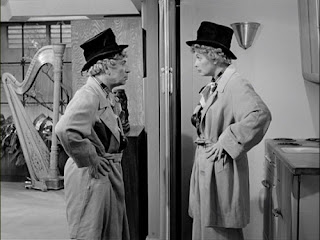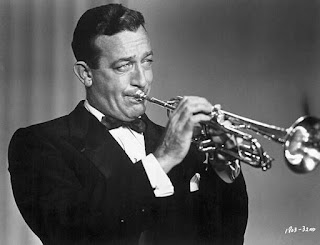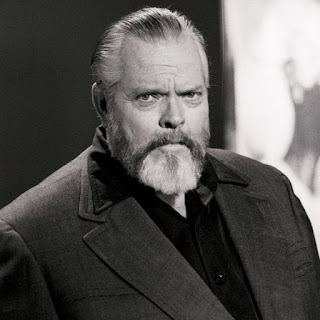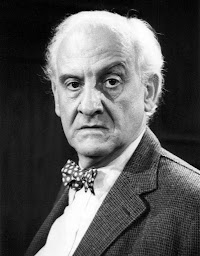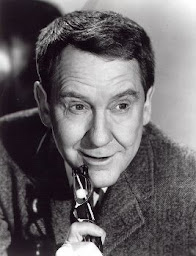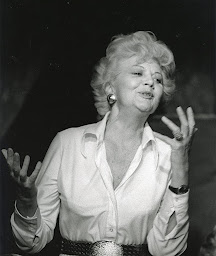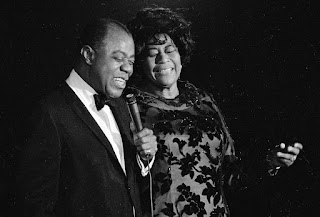Emulate, it can be great…
EMULATE: It can be great (or become great),
or in a bad environment cause you to incinerate.
Making room on your plate
room for more good stuff
show some patience, we used to say
Study well,
Real winners don’t have to bluff
Kids were taught to know
“Patience is a virtue”
Or maybe not
Today we call it “forbearance”
(It may prove well)
If that’s all you got!
In the very early days of my schooling, I can remember being told in no uncertain terms, during a class session: “Patience is a virtue!” To that, I, little eight-year-old da harv, bounced up with my hand raised. Why of course, I was about to challenge my teacher; I was duty-bound to do so. My teacher knew what was coming; her previous exposure to me should have served her well, but it didn’t.
My teachers didn’t usually appreciate my responses for a few good reasons; being shown up by an eight-year-old, secondly, taking the center stage away from them, and thirdly, they weren’t asking for an opinion—especially from little da harv. I wasn’t being a wise-ass kid; I was merely repeating something my Dad had offhandedly said to me: “Be careful, there’s two sides to every story.” The teacher then proceeded to make a classic mistake by doing exactly what she admonished me for doing, taking the stage away from her. “Nobody asked you for your opinion, and you obviously don’t understand what I’m trying to explain to my class!”
(Her class? Can you imagine how un-“team player-ish” she came across? It was our class. After all, I heard my Mother talking to my Dad about how they, the taxpayers, were the people paying her salary and if the men were back from serving in the army she probably wouldn’t have a job.)
What happened next was a triumph for me. The class became gleeful, especially a couple of the little maidens who I enjoyed entertaining. It’s like when you’re on stage and you know the audience is yours. You feel the breathing while enjoying their complete attention. I rapidly raised my hand. The teacher called on me. “What is it now, Kalmenson”, she asked in her own special demeaning manner. (For some reason she rarely called me by my first name.)
Without hesitation I arose and responded directly to her, with my Dad’s quote, “Patience isn’t a virtue if the house is on fire, make sure to get the hell out of there as soon as your feet can move. The only thing that should ever stop you is make sure to take a quick look around to see if your family or friends are moving along with you!”
Note: I’m deliberately keeping from mentioning the teacher’s name because there may remain some of her relatives, alive and sucking the oxygen from whatever room they happen to be in.
What had occurred in that classroom, on that particular day was to remain as a moment that stayed with me forever, or at least up until now.
The act of mirroring is not always bad, and not always good. I was emulating my Dad when I pointed out to our teacher my Dad’s allowance, “patience is not always a virtue.” On the other hand, emulating one of my Dad’s hot-headed brothers, could, or would most likely get you in a whole lot of trouble—one of my favorite uncles in particular (who will remain anonymous).
I know for a fact many of my cousins have inherited a strong, long-life gene. Punching a prospective enemy first before they punch you, was this uncle’s mantra during his entire lifetime. He was the brother who lived by his own credo of “You must hit them before they have a chance to hit you.” While my Dad pointed out to me, “Try to never hit anyone you don’t want to kill! Any form of violence can carry a heavy penalty along with it.” Most little kids believe in the mantra, “sticks and stones can break my bones, but names will never harm me”, or something like that. But the most used statement for eight-year-old Brooklyn kids in my era was: “I can say whatever I want. This is a free country we live in!”
Emulation By Way Of Focus
Like so many kids today, and even long before me, kids had their idols. Whether it was baseball, football, basketball, or whatever the season, we played our games. Our schoolyard was always alive with the sounds of kids acting out their dreams. If baseball was your pleasure, it was always the last of the ninth inning, with bases loaded. There, you were the announcer calling the game, and being the ballplayer about to become today’s hero.
We were focused and caught up in acting out our dreams. In essence, we were emulating the very best athletes of the period. The practice of emulation is what I’d like to discuss.
So far, I have probably cited a variety of truths—many you’re aware of—however, I do have a thought or two often overlooked.
My favorite musician, the one I idolized the most—yes, there were quite a few—was Harry James. I listened to anything and everything he performed. I got to the point where I could recognize his trumpet-playing after hearing just a note or two. Without realizing what I had been up to, I was deeply engaged in the most important process: the ability to focus.
My point is not for a young person to become someone else. It is, however, to emphasize the value of learning. And how focusing on the specific emulation of a great one’s skills, could help provide a way for a young artist to hone their own skills as well.
Years ago, when I was in the beginning throes of creating the Kalmenson & Kalmenson Method, I found myself as focused than I had ever been in my life. As a director, teacher, and sound editor, I was enthralled with and by the continual successes by a rather small group of actors who were able to accomplish their goals in the field of voiceover. By listening to these actors over and over again, I began to recognize a similarity. While none of them were in the same category, vocally (meaning they didn’t sound alike), their commonality, besides earning a great deal of money, can be described by a single word: focus. They all brought an intensity with them. They came to play, no matter how meaningful an audition may ultimately become. To them, it was always conducted with respect for the situation and (most of the time) for me, their director. Usually, they didn’t have to be reminded about professionalism.
(Well, maybe a couple of times a reminder became necessary and I was duty-bound and had to call it to someone’s attention. They would read like voiceover performance is one of the most important things in this world. Not so; I told them like I was back in a classroom with a teacher who reminded everyone, “patience is a virtue”. Not if you’re suffering from some chest pains. I’ll have to call 911, quickly (unless a person is not showing me the professional respect having been earned).
Now, just a little name dropping; for me, some of the greatest people in the world were cut from the great Harry James cloth. I saw, firsthand, Orson Welles emulating Harry James. Hans Conried, Burgess Meredith along with the likes of Brock Peters, Stella Adler, Cloris Leachman…those were the folks who helped me become Harvey along the way. These people can never be replaced, but each may be emulated.

Louis Armstrong rehearsing alongside Ella Fitzgerald is a moment only a few were fortunate enough to experience, and what an outlandish experience for this kid to have witnessed. And, better than the mere experience, have the ability in my lifetime to spiritually begin to understand. Those two together were comparable to Sandy Koufax’s focus en route to pitching four no-hit games. It’s a time when the world stops, and only one word describes an individual’s intensity during the moment.
Try it, you may like it. The lesson here is a simple one. Pick out those whose work you admire. Invest in the art of focus. Each move and sound brings a message of action. Nothing should be wasted. Whether it helps you to prepare, deliver a line, or relax when it’s an absolute must, make it your study. I will never advise an actor to hang their professional hat on impersonating another actor. What I am attempting to convey has only to do with emulating habits and patterns suitable for you, as an individual. Emulation doesn’t mean sacrificing your truth for that of another.
Often times the truth can hurt and when it does hurt—and it will—make use of it. This won’t be the time to express how “patience is a virtue”. Let your action drive your expression conveyed with words in lines moving forward with your truth, yours to give another, a listen-to, and perhaps even deciding to emulate.
Somewhere out there, there are many of my mentors who are aware of my writing and enjoy the healthy fact I choose to share what they have shared with me along the way; without being indemnified, truth be told, “People do not live by bread alone.” Some way, somehow, Cathy and I have managed to survive on less than half a loaf. There are many out there who are doing the same. Emulation in this case is not a good thing, but by the same token, it beats the hell out of many alternatives. Even my third-grade teacher would agree, “half a loaf is better than none at all”.
HK
P.S. Take a look at our website. It might be fun for you to view a partial list of those emulators I’ve had the pleasure (in most cases) of directing.
(link)
If you’d like to appear on my list as another of those folks I’ve directed, just send me a note saying how much you love me and include a nickel, preferably an Indian Head, minted in the mid to late eighteen hundreds.
